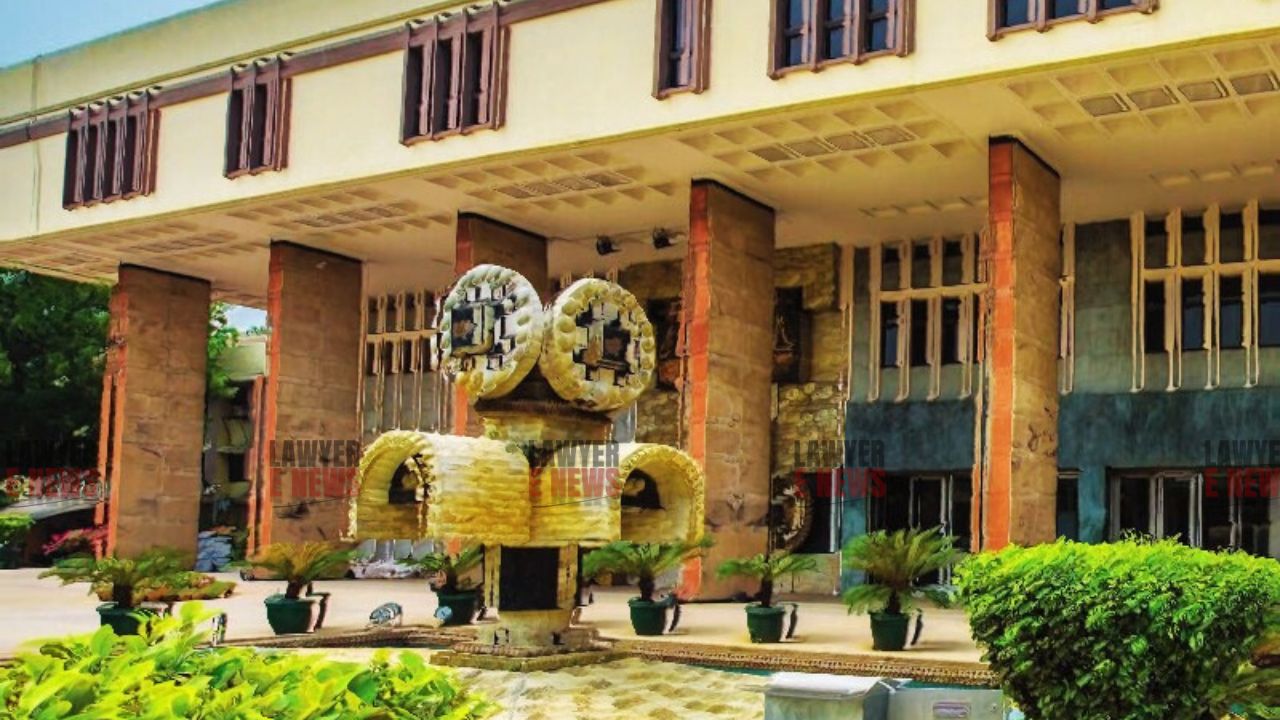-
by Admin
15 February 2026 5:35 AM



The Delhi High Court has dismissed a suit for partition, possession, and permanent injunction filed by Mahinder Singh, upholding an oral partition that took place in 1975. The judgment, delivered by Justice Neena Bansal Krishna, underscores the significance of admissions made during court proceedings and emphasizes the binding nature of family settlements.
Mahinder Singh, the plaintiff, filed the suit seeking partition of several properties in Delhi allegedly owned by his late father, Sardar Sewa Singh, who died in 1977. The suit named multiple defendants, including Mahinder's siblings and the descendants of his late brother Harjeet Singh. The plaintiff contended that the properties were not partitioned and sought an equitable division among the heirs.
The court focused on the admissions made by the plaintiff during the admission/denial stage of the proceedings. It was noted that Mahinder Singh had admitted the Memorandum of Partition dated July 18, 1975, which detailed the oral partition of the suit properties. Despite the plaintiff's claim that he was misled into making these admissions in the absence of his counsel, the court found this assertion unconvincing. "The plaintiff is a mature man of about 61 years, and for him to claim that he was misled is an attempt to wriggle out of his admission, which is clearly not tenable," remarked Justice Krishna.
The judgment emphasized the importance of clear and precise pleadings, highlighting that the plaintiff failed to provide specific details or supporting documents for his claims. Citing Order VI Rule 4 of the CPC, the court stated, "The very objective of pleadings is to clearly outline the point of dispute and the cause of action. Making vague averments in the Plaint without any details or supported documents clearly reflects that the Plaint does not disclose the material particulars to sustain the claim of the plaintiff."
The court further observed that the properties in question had either been sold or were in the possession of the defendants, as per the oral partition agreed upon in 1975. The plaintiff's own mother, who was also a defendant in the case, did not support his claims, further weakening his position.
The court concluded that the oral partition of 1975 had been duly acted upon and recognized by all parties involved. By dismissing the suit, the Delhi High Court reaffirmed the binding nature of family settlements and the critical role of admissions in judicial proceedings. Justice Krishna's judgment sends a strong message about the finality of such settlements and the need for clear and detailed pleadings in partition suits.
This decision is expected to influence future cases, reinforcing the principle that long-settled family arrangements should not be disturbed without compelling evidence.
Date of Decision: May 14, 2024
